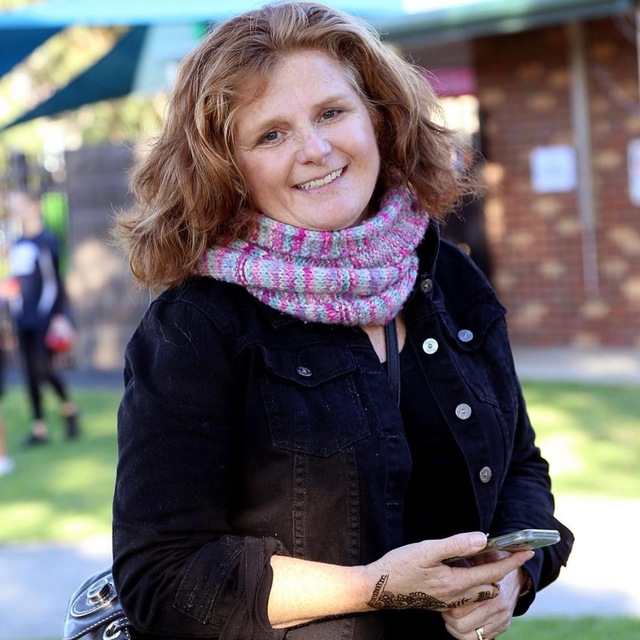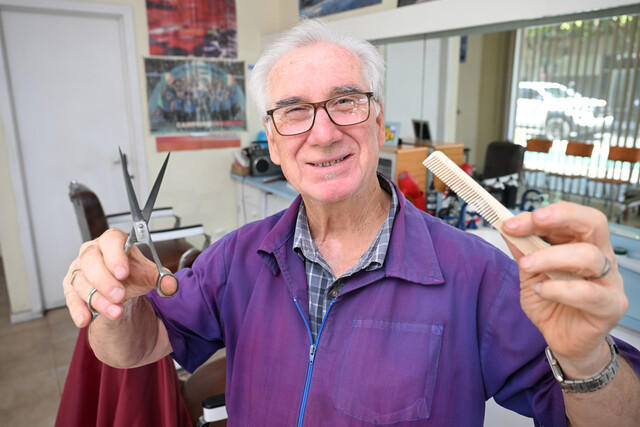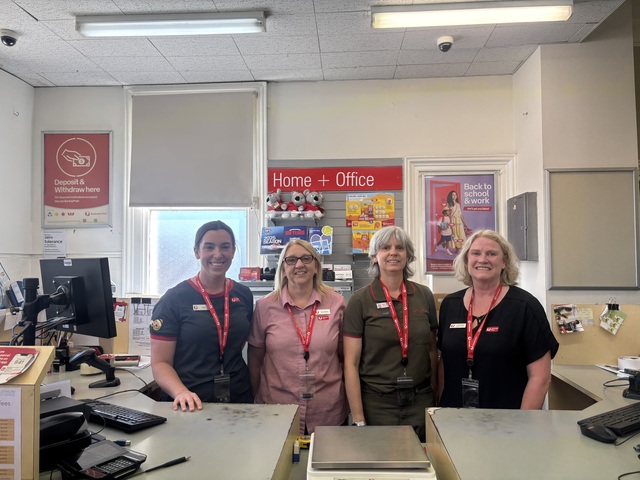Polycystic ovary syndrome (PCOS) is a common hormonal condition among women, with symptoms beginning shortly after puberty, during later teen years, or within early adulthood.
The exact cause of the condition is unknown, and symptoms include irregular periods, weight gain, acne, and hirsutism.
Despite affecting up to 13 per cent of women in Australia, a lack of awareness and dismissive attitudes are just some of the factors that create barriers to accessing care, said Polycystic Ovary Syndrome Association of Australia (POSAA) consumer representative Lorna Berry.
Ms Berry said she experienced significant barriers herself to accessing effective care for PCOS, with her diagnosis taking “years”.
“I often struggled to have doctors take my concerns seriously. Many healthcare providers were unaware of PCOS,” Ms Berry said.
She said many women are told that they will never have children and are advised to “only return when they want to start a family.”
“Women with PCOS are often told to simply go away and lose weight, which can be particularly challenging due to the insulin resistance commonly associated with PCOS. Unfortunately, many women living with PCOS have had similar experiences and are often unaware that they have the condition at all, leading to delays in receiving appropriate care and support,” Ms Berry said.
She said there are a broad range of factors that contribute to these barriers.
These include a lack of awareness, dismissive attitudes, a focus on weight, inconsistent information, limited access to specialists, stigma, and mental health.
“Access to specialists, such as endocrinologists or reproductive health experts, can be limited – especially in rural or underserved areas, further delaying appropriate care,” she said.
“The physical symptoms of PCOS, such as weight gain, acne, and hirsutism, can lead to stigma and impact mental health, making it even harder for women to seek care and advocate for themselves.”
To address these barriers, Ms Berry said she would like to see several changes to the approach of health professionals, public understanding, and attitudes towards women’s health concerns.
“There needs to be greater awareness and education about PCOS among both healthcare professionals and the general public. This includes understanding the complexity of the condition and recognising the varied symptoms women may experience,” Ms Berry said.
“Women should be empowered to take charge of their health, with healthcare professionals listening to their concerns and taking them seriously. Women need to feel confident in advocating for themselves and seeking the care they deserve.”
She said a multidisciplinary approach from health professionals is crucial for managing PCOS effectively.
“This would involve a team of specialists, including endocrinologists, dietitians, mental health professionals, and gynaecologists, working together to provide comprehensive care tailored to each woman’s needs.”
Increased funding and research towards treatments, accessible and consistent care, and more holistic and inclusive treatment options are other changes Ms Berry said she would like to see.
As the consumer representative for POSAA, which aims to raise global awareness of PCOS and assist those diagnosed with it, Ms Berry said that the support association has been involved in the development of evidence-based guidelines – including those published by Monash University.
According to Monash University, this guideline “is the culmination of the engagement of over 3000 health professionals and the work of 10-plus multidisciplinary clinical and lived experience experts from six continents and 71 countries internationally.”
Ms Berry was a lived experience expert on the guideline.
“The information in these guidelines is grounded in the latest evidence, ensuring that all care and recommendations are both scientifically sound and practically relevant,” Ms Berry said.
“[The goal of POSAA] is to bridge the gap between lived experiences and medical expertise, ensuring a future where every woman with PCOS receives holistic, compassionate, and effective care.”
She said that an evidence-based approach is crucial for accessing effective care and helping women to make informed choices about their health.
“When guidance is rooted in scientific evidence, it provides a reliable foundation for understanding the condition, exploring treatment options, and managing symptoms effectively. This is especially important because misinformation or outdated advice can lead to ineffective treatments, frustration, and even worsening of the condition,” she said.
As it is a lifelong condition, she said that a multi-phase approach is crucial.
“Understanding that PCOS is a lifelong condition also highlights the importance of a comprehensive and dynamic approach to care. Women need resources that address the different phases of PCOS – whether it’s managing irregular cycles in their teens, addressing fertility concerns in their 20s and 30s, or mitigating metabolic risks later in life.”
Ms Berry said that as research advances, evidence-based guidelines help ensure that women with PCOS receive the best possible care, improving their quality of life and long-term health outcomes.
POSAA has a Facebook page where it shares PCOS news, resources, and information.
Details: https://www.facebook.com/PCOSAustralia

















